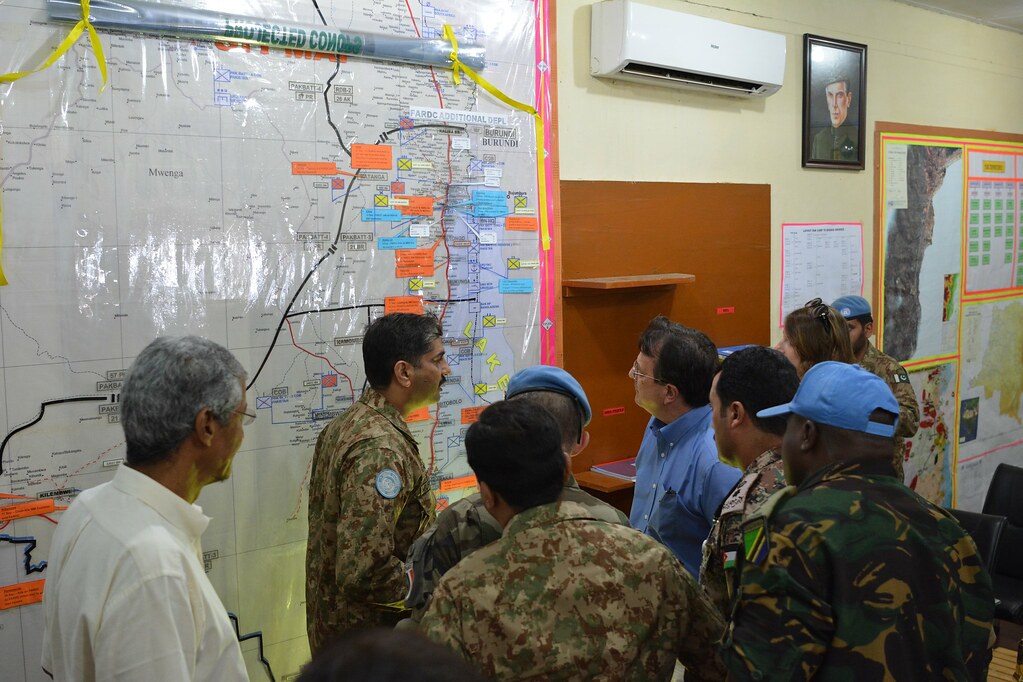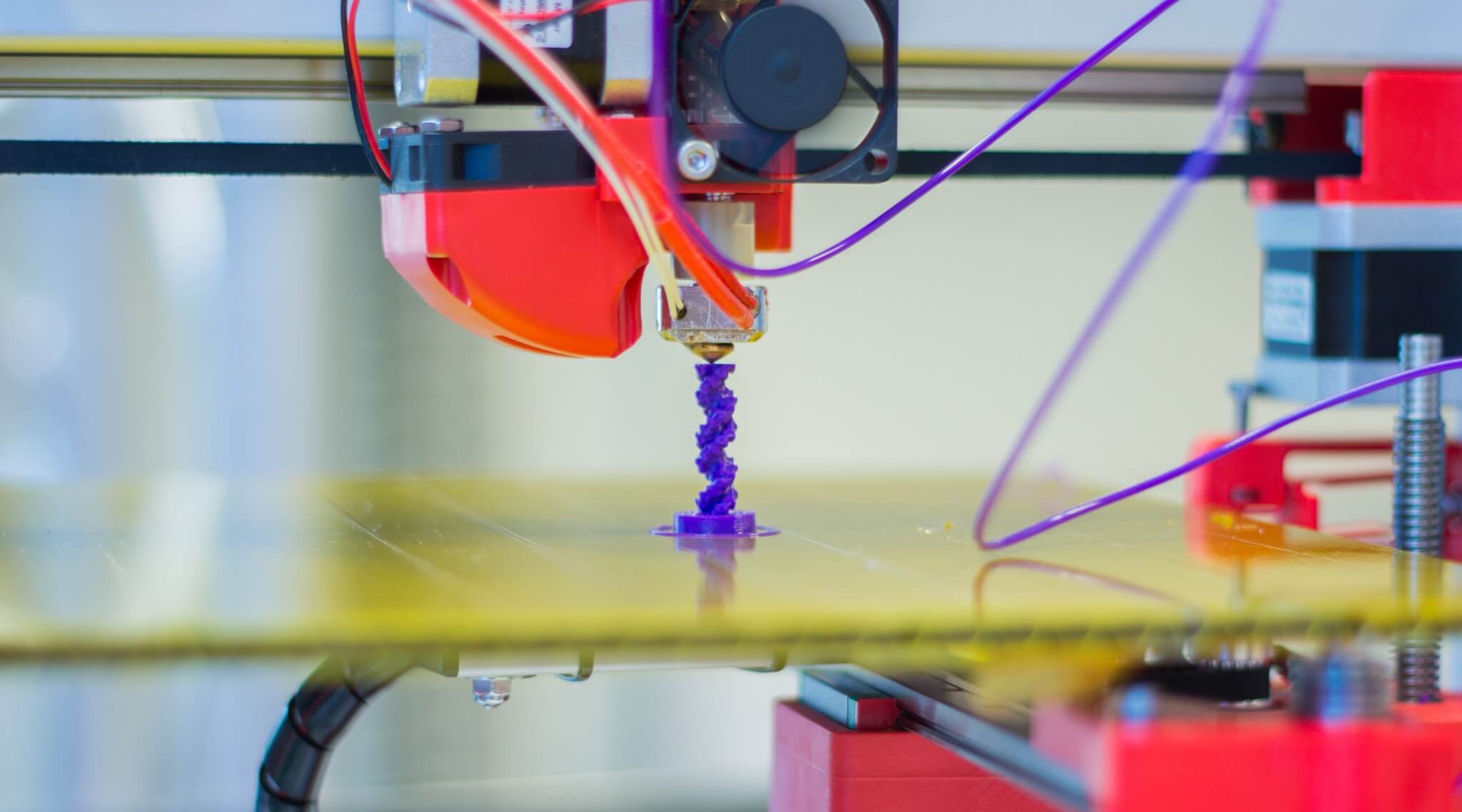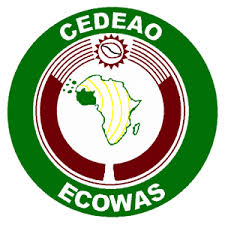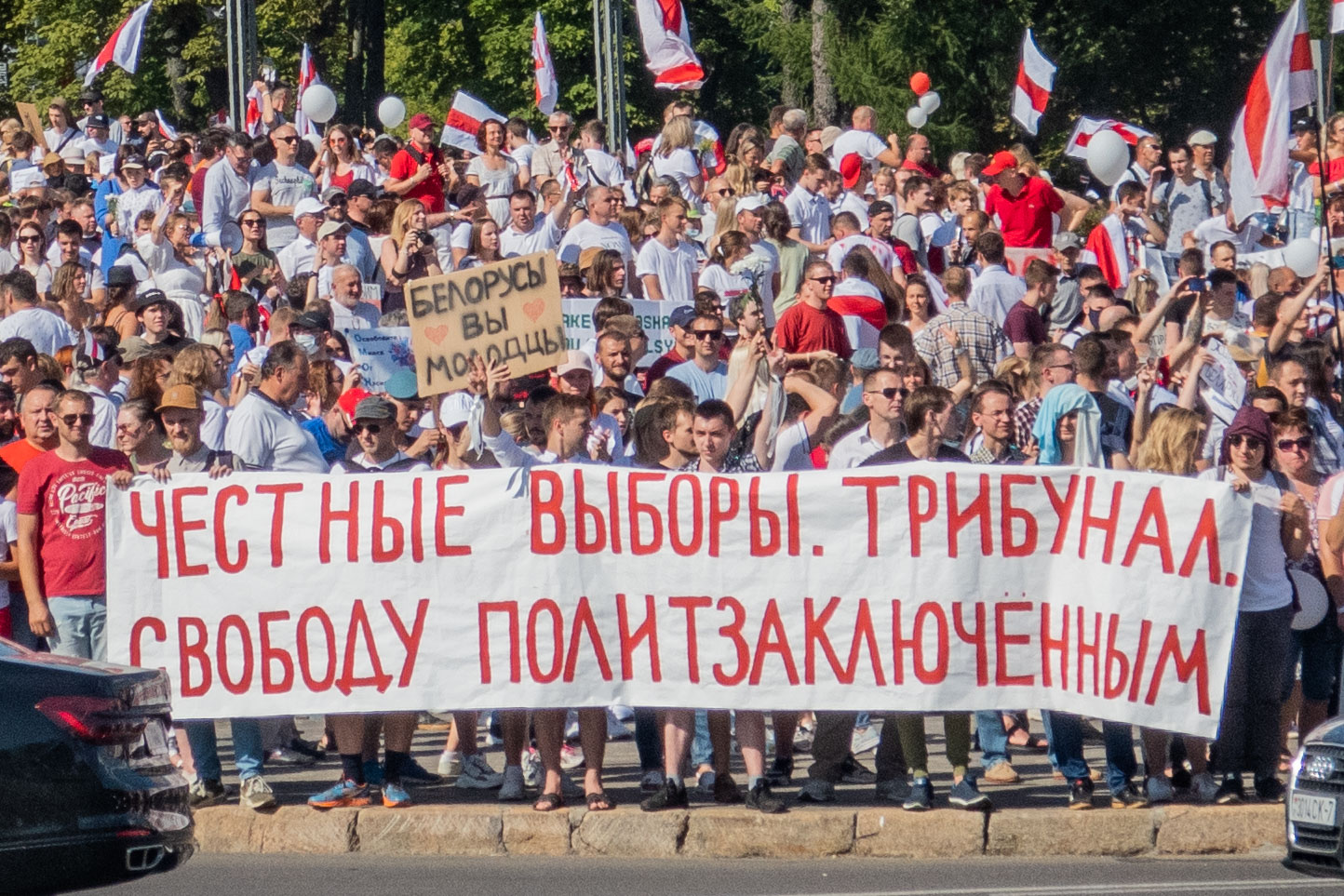The extinguishing of the 2013-2016 Ebola disease epidemic was considered by the international community to be a full and complete success. Yet, it is 2019 and the ever-pertinent threat of Ebola in the Democratic Republic of the Congo continues to hang over the African region. Only this time, the region is not only under attack by the deadly virus, but also by armed groups attempting to attack and burn down Ebola treatment centres. The rising attacks are making it incredibly difficult for health responders and aid agencies to continue doing their work in regions where urgent medical care is most desperately needed.
This Ebola outbreak in eastern DRC is the second largest in history, with “more than 1,600 cases and almost 1,100 deaths, coming up to a 67% fatality rate, all disproportionately affecting women and children.” Although the medical resources are available for distribution and treatment, the difficulty lies in effectively dropping these resources into the region despite the ongoing violence and chaos. The main motivation behind the constant ambushes on medical facilities arises from the deep-rooted mistrust of government officials and foreigners’ attempts to tackle Ebola.
Due to the toxic political environment, the DRC is battling between the citizens and foreign aid. The citizens have vocalized concerns for an overall perceived negligence with regard to existing diseases like measles and cholera. This concern stems from the local belief that these existing illnesses have not been given as much international attention and monetary funding as Ebola has in the last couple years. Another instance of mistrust which has contributed to the prolonging of the operation comes from the belief that health workers have the sole intention of making money, not ending the epidemic. The lack of trust towards the global community in tackling this disease is one of the many issues that threaten to disable the aid efforts that arrive in the DRC daily.
Dr. Richard Mouzoko was one of the aid providers on-site. He was a World Health Organization (WHO) epidemiologist working in an Ebola treatment centre when he was attacked and killed by an armed group. Only hours after this attack, another group armed with machetes attempted to “burn down an Ebola treatment centre in neighbouring Katwa.” These two attacks are only a few of the thousands that have been occurring throughout the DRC. The attacks have not been sporadic or randomized; rather, they have become daily occurrences, hindering the vaccine and treatment delivery. Dr. Tedros, the WHO director general tweeted: “The tragedy is that we have the technical means to stop Ebola, but until all parties halt attacks on the response, it will be very difficult to end this outbreak.”
Conquering the disinformation rampant in local communities in the DRC, violent attacks from armed groups, and shifty weather conditions which complicate travel routes throughout the rainy season, the obvious first step forward is to initiate direct partnership with the local people, to dispel disinformation, and to include them in the efforts to promote the recovery of their own people. Insecurity and disbelief gain less traction when there are informed and involved citizens. This means that there must be a bottom-up approach as opposed to the traditional and top-down approach to understanding aid operations. Instead of bringing in armed police for protection, organizations should employ locals to join the security efforts in order to possibly de-escalate the rising hostility and suspicion.
Encouraging locals to join aid teams, as well as asking local leaders to encourage their citizens to become involved in the operations, will likely take time but will foster the sense of community needed in this battle against Ebola. If this disease epidemic is to be conquered and permanently expelled from the country, this cannot remain a one-sided international effort. The fight against the Ebola disease epidemic must become one that is executed side-by-side with the people of the Democratic Republic of Congo.
Featured Image: “Uvira, South Kivu Province , Democratic Republic of Congo: David Gressly (blue shirt), Deputy Special Representative of the Secretary-General of United Nations in DRC and the Deputy Force Commander MONUSCO, General Bernard Commins receive briefing on the security situation in Uvira this October 5, 2017. The Deputy Chief of Mission of the United Nations for stabilization in the DRC (MONUSCO) visited this city of South Kivu as a result of the attack last week by the Mai Mai group”, by MONUSCO/Alain Wandimoyi via Flickr. Licensed under CC BY-SA 2.0.
Disclaimer: Any views or opinions expressed in articles are solely those of the authors and do not necessarily represent the views of the NATO Association of Canada.




